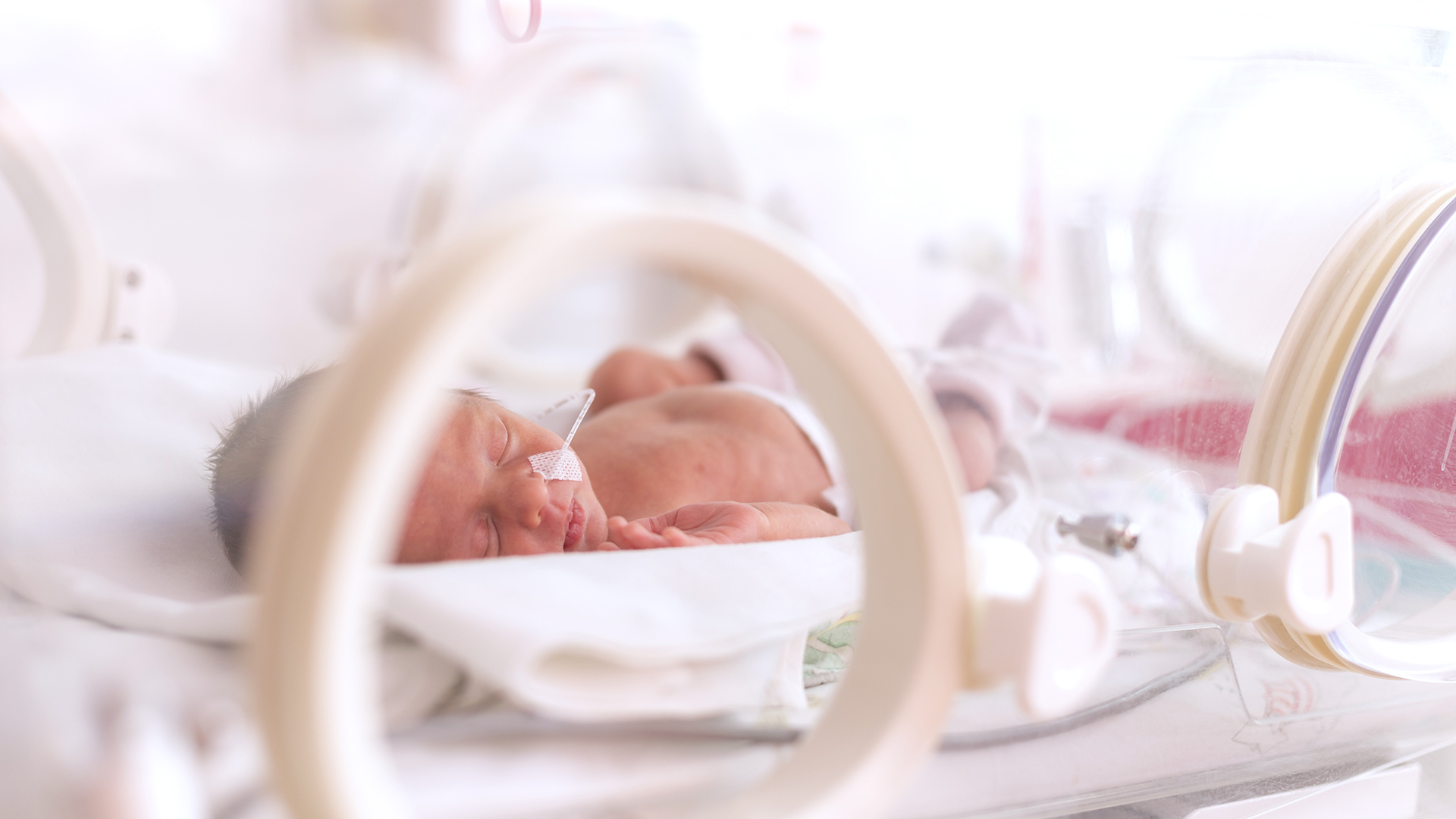Megan Zarnitz is a licensed independent social worker and associate director at Brigid’s Path, a residential pediatric recovery center in Ohio. She began her career in Cincinnati, serving residents experiencing chronic homelessness. After earning a master’s degree from Boston College, she helped resettle refugees from Bhutan, the Congo, Zaire, and other countries in Cincinnati and she traveled to Bangladesh with Habitat for Humanity. Zarnitz came back home for good in 2011 to be a neonatology social worker at Cincinnati Children’s Hospital. She joined Brigid’s Path in 2020 and entered the Koch Associate Program (KAP) at the same time. She discussed her KAP experience with us.
What is Brigid’s Path and what is your role?
Brigid’s Path is the second residential pediatric recovery care centers in the United States. We provide round-the-clock care to infants born exposed to substances and we help families impacted by addiction to take the first steps toward recovery. More than three quarters of the infants stay with their immediate or extended families. For babies who go into foster care, we provide a welcoming space for families to meet as they work toward reunification. Government buildings can be somewhat cold. Having a place that’s more like home provides for more meaningful interactions that hopefully will help families heal more quickly.
I oversee our family advocacy, nursing services, and operations, so I do a bit of everything. Our executive director thought KAP could help us think strategically about the future of the organization.
KAP participants work on an independent capstone project on an issue or problem that matters to them. What was yours?
I wanted to think about how we can expand Brigid’s Path to provide a real community for families, not just services.
I’m a mom myself. I have people to call for advice and help. Parents need someone to walk that journey with them, but many of the families we serve don’t have that. That makes facing addiction especially difficult. I wanted to figure out how we provide a network of support for our families. That could be everything from daycare and housing to delivering nightly meals or simple letters of encouragement from other moms and dads.
How did the Market-Based Management™ (MBM) framework presented in KAP help you think about that plan?
When the system you’re working in is broken, it’s important to look at things from different perspectives. MBM™ gives you the tools and language to look at problems in another way.
It also give you space to think strategically. We’re passionate. We want to do it all for our families, but we’re not helping them if we’re stretched thin. Day to day, we’re serving families with real immediate needs. It’s sometimes difficult to step away to ask how we can make the biggest impact. MBM™ helps you consider where you have a comparative advantage.
Does KAP connect social entrepreneurs to the resources and knowledge they need to grow?
I’ve been working with nonprofits for 15 years and a leadership development program like KAP is rare. To set aside time for my own professional development, and to learn how to be more strategic as an agency — there just aren’t many programs that offer that.
The speakers also were a great resource. We heard from Urban Specialists Founder Bishop Omar Jahwar shortly after George Floyd’s death. At a time when it felt like the country was moving backward, he reassured us the work is always worth it. He gave us hope that we can change systems to work better for the people they’re meant to serve.
Tyler Carolan was another speaker. He discussed how to measure performance. I connected with him to develop a program to measure what long-term success looks like for our families. Again, our goal at Brigid’s Path is to set families on a healthy path, but we need to use data to measure what thriving looks like for parents working to overcome addiction. Tyler’s helped us develop a system for that.
How did you peers in KAP help enhance your work?
The small groups were especially beneficial. To spend a couple hours a week just talking through issues you’re facing, to dig in, provided much-needed perspective.
One of KAP’s great values is that there is a mix of people from different sectors trying to drive change. Instead of just looking through your own lens, you can step back and see all the ways to create impact. It was really beautiful.
CKI’s educational programs equip innovators to discover their personal passions and make an immediate impact — to create new ventures, improve existing institutions, and contribute right away. Whether you are just beginning your venture or further along, we want to hear from you.



